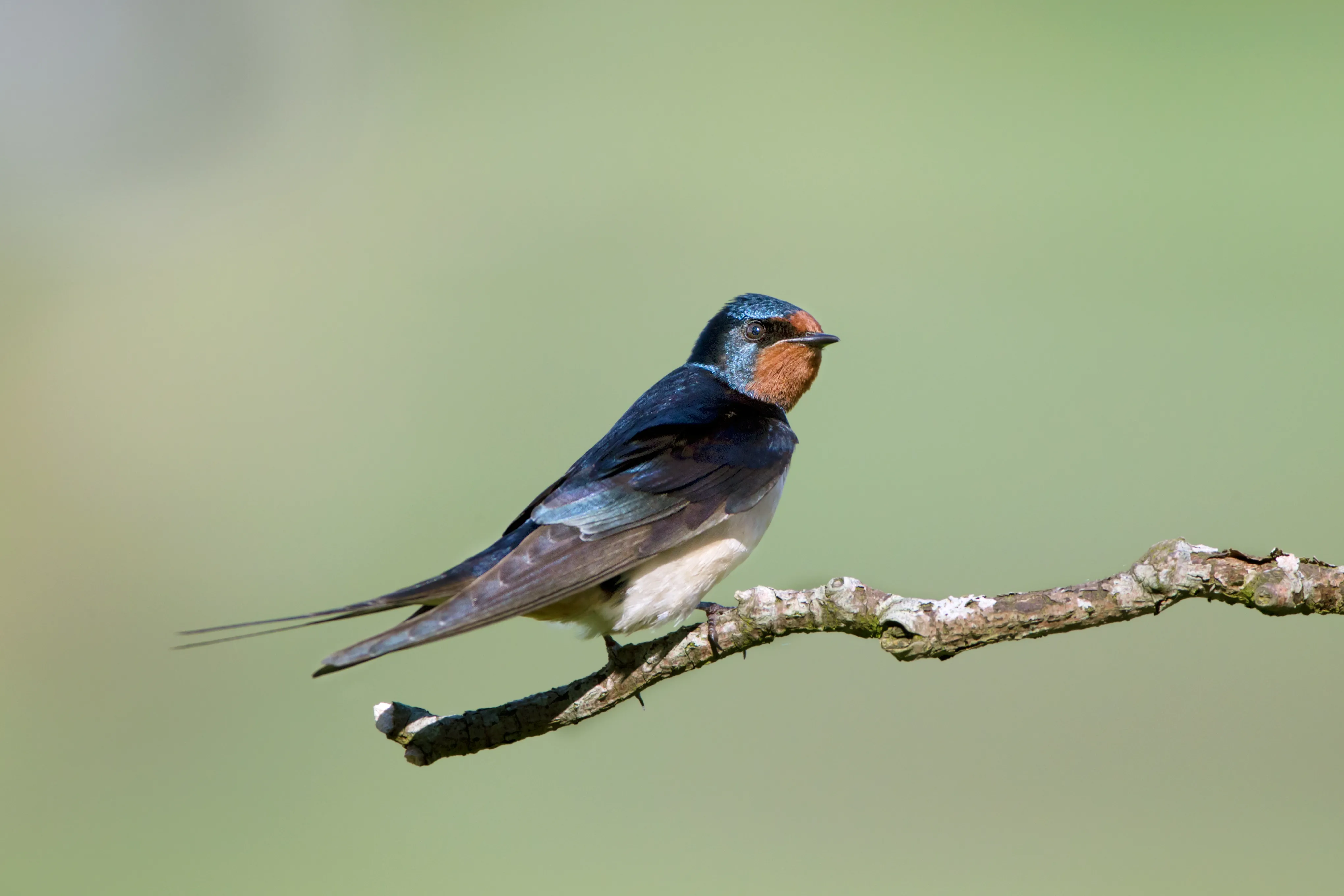Throughout the year we send out press releases to individuals and organisations who have signed up to receive these. This page holds details of the press releases posted over the past two years. For press and media enquiries, please email press@bto.org.
Boxing clever for early birds this Valentine’s Day
As Valentine’s Day approaches and the nations’ love birds are busy making amorous plans, the celebrated Saint’s day also marks the start of National Nest Box Week. Mid February is when many wild birds start to pair up and seek out suitable sites for the coming breeding season, so now is a great time to put up new nest boxes, says the British Trust for Ornithology (BTO).
09-02-2026
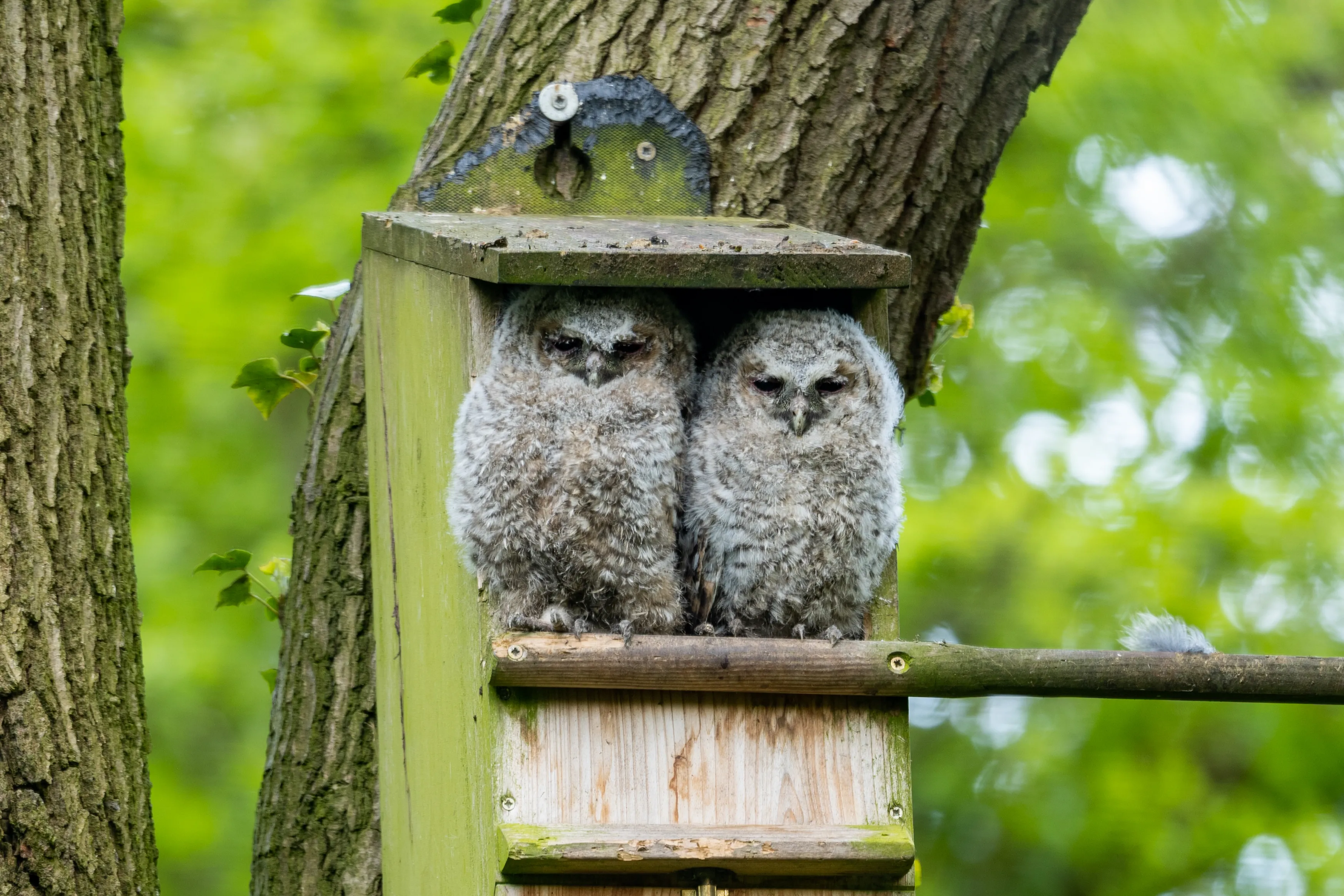
Egret expectations
Birdwatchers across the UK have been charting the rise and rise of the very distinctive Little Egret for decades, but scientists have been unable to accurately calculate the breeding population of this relative newcomer. Now, research by the British Trust for Ornithology (BTO), published in the journal British Birds, sheds new light on both the numbers, and geographical spread of this small and elegant all-white heron.
19-01-2026
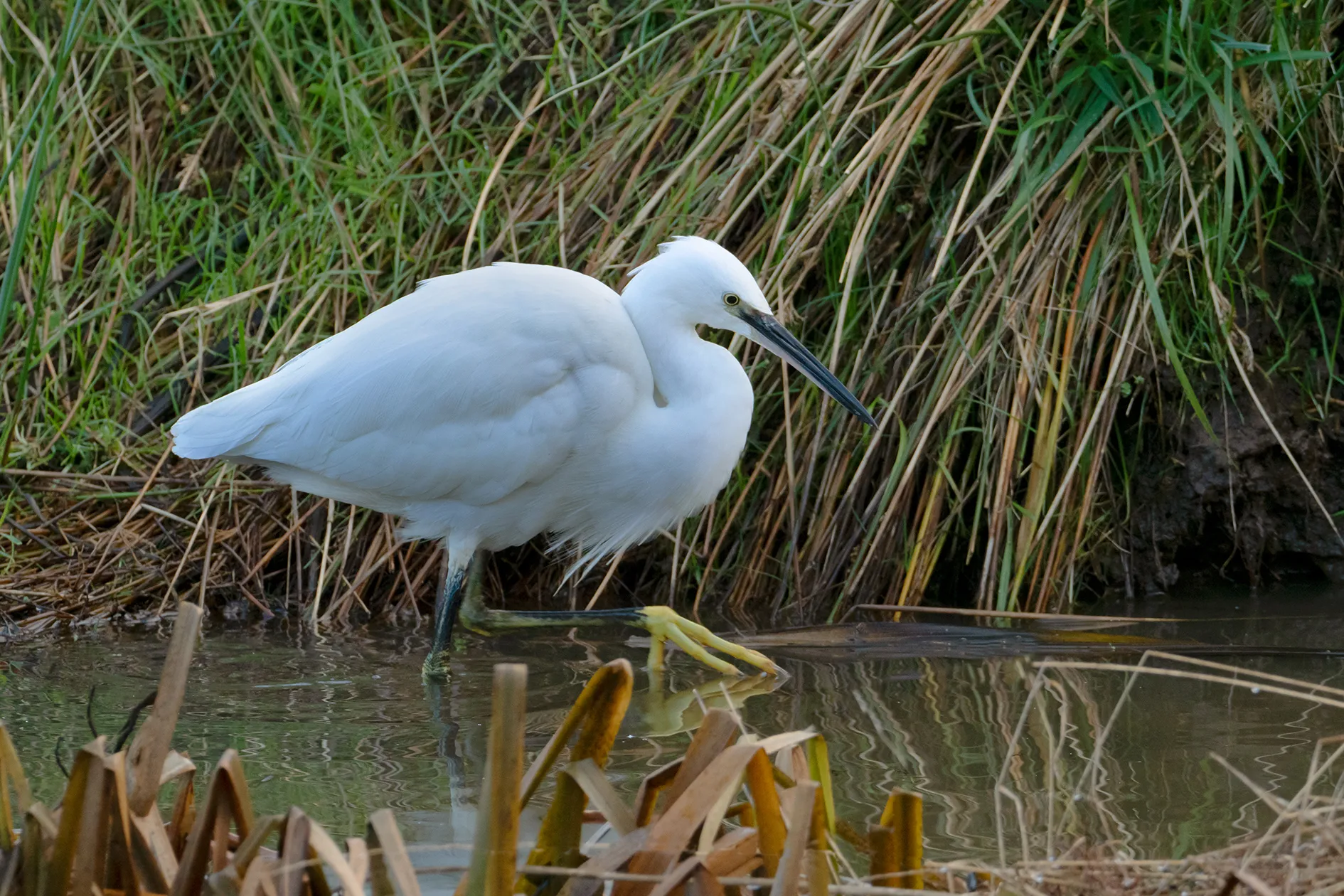
Declining songbirds show signs of bouncing back after successful summer
A new report published by the British Trust for Ornithology (BTO) reveals glimmers of hope as 2025 proved successful for many of the UK’s favourite breeding songbirds.
29-12-2025
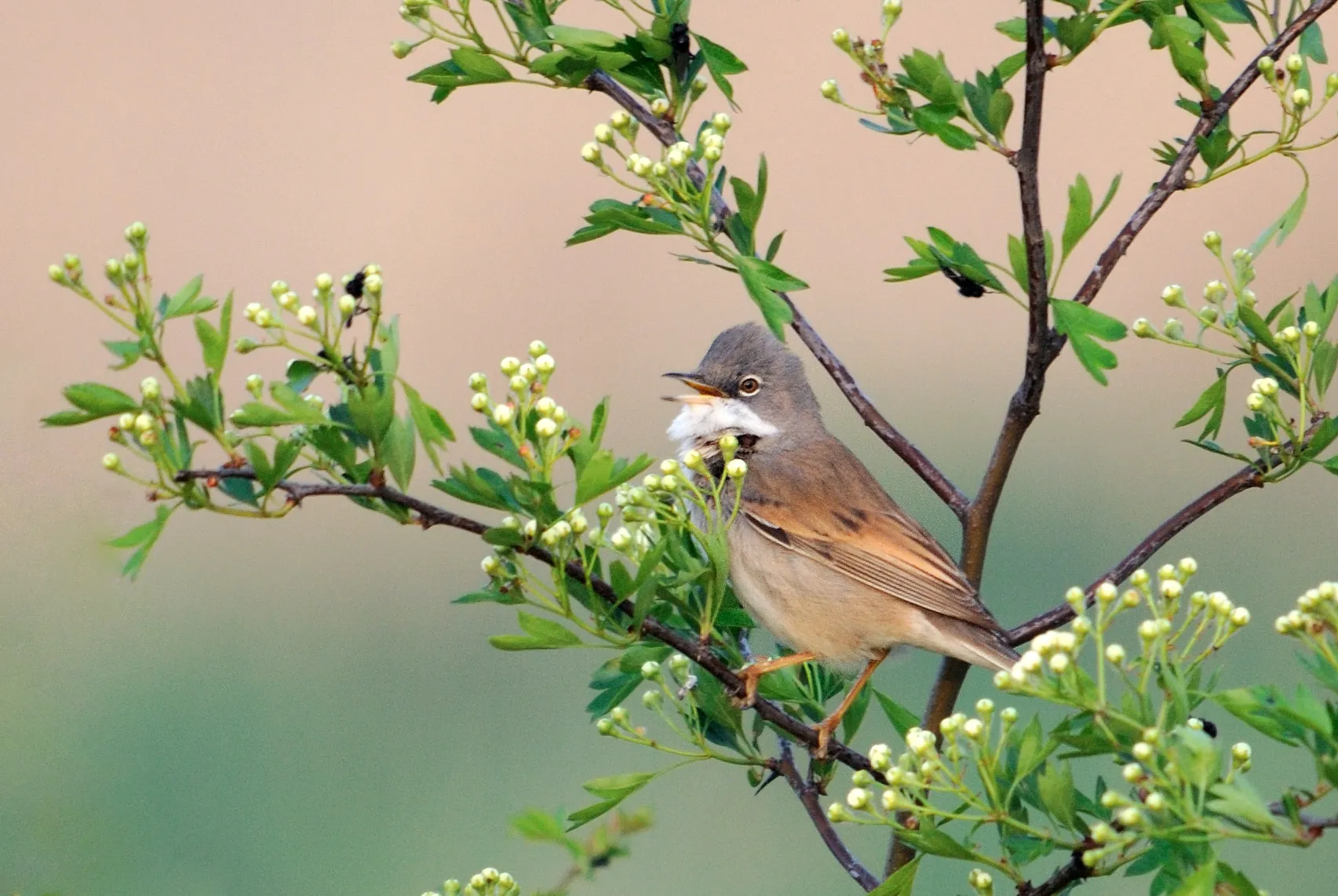
Ring, Ring Ye Birds
Forget ‘five gold rings’, how about 866,000 alloy ones? A new report from the British Trust for Ornithology (BTO) highlights the latest findings from wild bird ringing activities across the UK and Ireland.
11-12-2025
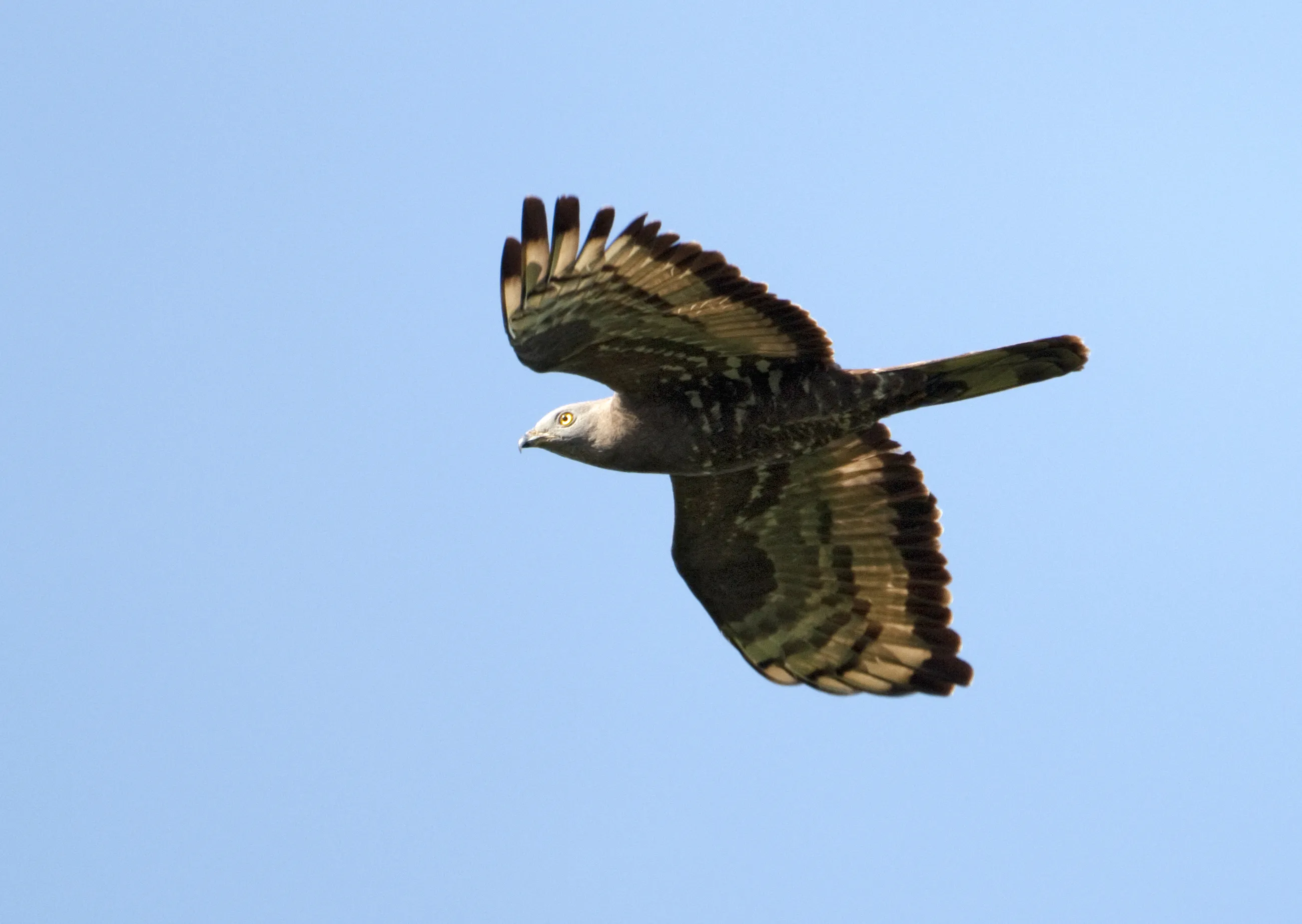
Hotter European summers spell danger for migratory birds
New research, published today by the British Trust for Ornithology (BTO) and Durham University, suggests that many migratory bird species are struggling to adapt to the effects of changes in the climate.
10-11-2025
